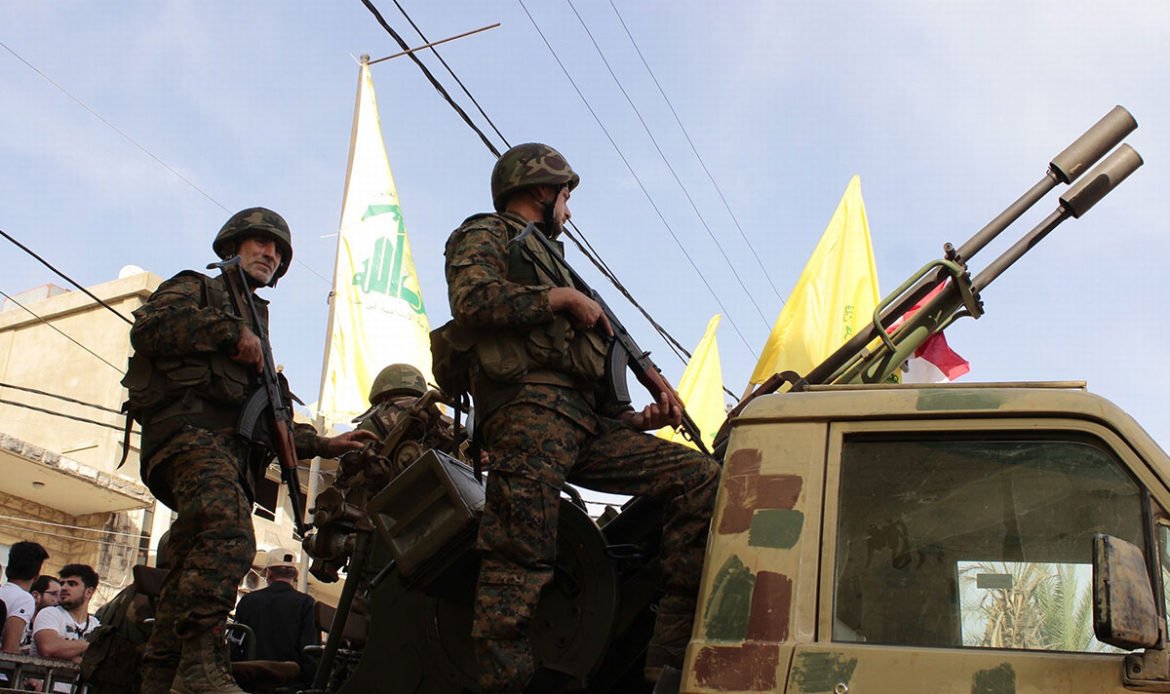Hezbollah, a Lebanese political party and militant group, has played a key role in Syria’s fight against a broad collection of terrorist groups in recent years. At the same time, the group is designated as a terrorist organization by Israel and its US and European allies.
The Israeli military has published a video which it says shows a meeting between a senior Syrian military commander and Hezbollah militia somewhere in Syria, warning that Tel Aviv “won’t allow” the militia “to entrench itself militarily” in the Arab Republic.
“Look closely. See the man with white hair? That’s the head of the Syrian Armed Forces 1st Corps, Luau Ali Ahmad Assad. He’s visiting Hezbollah positions in Syria. Our message: We see you. Consider this a warning,” a message accompanying the video warns.
Avichay Adraee, the head of the IDF’s Arabic-language media division, offered more details about the video in an Arabic-language tweet, alleging that the video was shot in the Syrian-controlled portion of the Golan Heights, and warning that Israel would “not tolerate” the “entrenchment” of Hezbollah forces in the area.
The Syrian military has not commented on the video, its authenticity, or Israel’s warning.
The Israeli military has repeatedly targeted Hezbollah and other ‘Iran-backed’ forces in Syria in recent years, citing the group’s threat to Tel Aviv’s national security. Syria has slammed Israel at the United Nations and other forums over its air and missile attacks, citing the crucial role played by Hezbollah’s assistance to Damascus in its near-decade long war against al-Qaeda*, Daesh (ISIS)* and other terrorist elements. In addition, the Syrian government has also stressed its sovereign right to decide which countries’ militaries are allowed to operate on its territory.
Closer to home, Hezbollah has repeatedly clashed with Israeli forces on the Lebanese-Israeli border.
Founded in the 1980s during the Israeli occupation of southern Lebanon, Hezbollah has since emerged as one of the most powerful and influential political and military movements in the country, clashing with the IDF in 2000 and 2006, with the latter conflict costing over 1,300 lives and billions of dollars in damage to Lebanon’s infrastructure before being halted by a UN-brokered ceasefire.



